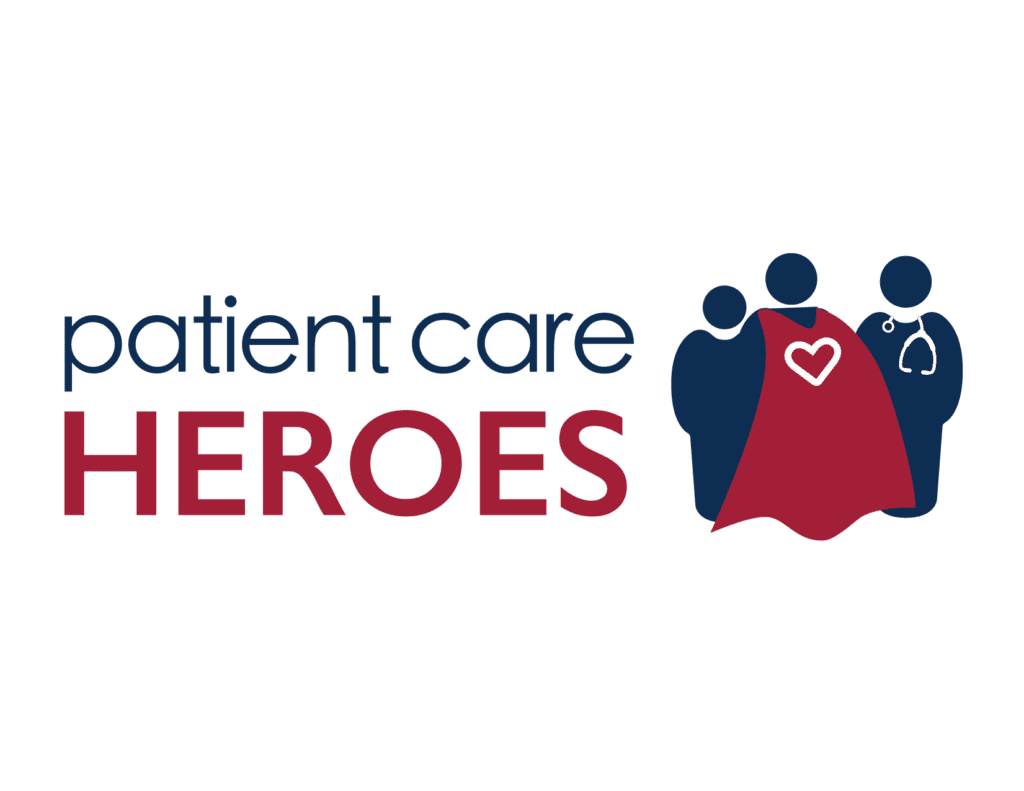The physical and psychological well-being of employees says quite a lot about a workplace. A workplace should promote their employees’ general well-being by treating its mental and psychological aspects similar to the physical environment. Poor mental health not only affects the client but also hurts business income. Every business is different, from the employees to the stakeholders leading the organization, the size of the enterprise, the social climate that affects the community, to the external support the business uses. There is no one “right approach” to build a psychologically stable workplace.
Due to this, Dr. Kellie Stecher started an organization specifically on mental health issues in the medical line. “With that organization, we are trying to create a haven for anyone who takes care of patients. We are providing a free barrier, free access to mental health resources,” says Dr. Stecher.
“I always knew I wanted to be a physician. In college, I decided that I wanted to be an OB-GYN.” She says. With experience in child delivery, “I have seen, firsthand, how much good a positive environment can do to people.” Her first delivery support experience pushed her to do her residency in Grand Rapids. “I went there for residency and then from there decided to move back to Minnesota because my in-laws are here.”
Today, Dr. Stecher’s work focuses on workplace harassment, stress, and mental health issues that medical students and residents face. It’s a journey, a bold journey to reform the medical culture. “The trainees are the most vulnerable because of the loans. They often feel trapped. she says. “I wanted to make sure that we were advocating for them so that they have a safe learning environment.”

On COVID-19 and Its Effect on Medical Trainees and Residents
“Mental stress escalated with the rise in the COVID-19 pandemic.” Dr. Stecher says. She created her organization, Patient Care Heroes, an organization set to help medical professionals and caregivers with emotional and psychological support. The organization also provides free access to mental health resources.
Obstacles to Helping Medical Professionals with Mental Health Issues
“One of the issues we have is each state is left to their own devices and has an entirely different physician license application and some of the applications are actually in conflict with the ADA—American Disability Act.” Part of her mission is to “create new policies and fix the application processes and cultural acceptances that are toxic.” She cited practical examples of harmful practices like the ‘non-compete’ that prevent people from leaving toxic and depressing workplaces. Mandatory Arbitration prevents justice when a healthcare worker is harassed or intimidated.
What Can Be Done?
“Many things can be done to ensure a high quality of life for medical professionals.” She argues. “Aside from the policy issues, this organization was created to ensure that we take care of ourselves and each other. We need some empathy. The stress of the pandemic increased suicide rate of physicians in the country.”
“We’ve always had issues with physician suicide rates, and I wanted to create a space where people didn’t feel alone.” She says. “My organization gives a support system to struggling healthcare professionals. We try to let them feel loved and supported—and yes, they can be vulnerable within our safe space.”

The Organization: Its Growth, Successes, and Setbacks
The organization took off in January. “I had been doing advocacy work, but the organization was my primary goal. I partnered with Goyal, an anesthesiologist and CEO of Bob capital,” said Dr. Stecher. “I have been working through grassroots efforts and local and national organizations and partnering with many institutions to ensure that we make substantial changes.”
While her network of organizations currently focuses on the effect of the pandemic on physicians’ mental health, they also hope to create a growing community of people and physicians who will consistently push for better care for the mental health of physicians.
On women in the healthcare industry, she laments the fewer women in leadership roles when compared to men. “We want to advocate for women internationally to find their voice in these systems so that we can create changes that we need.” Achieving such heavy feats can only be achieved through incredible partnership, and Dr. Stecher already has plans to partner with the United Nations and people from different parts of the world on workplace safety, equality, and effective justice systems against harassment.
On the high suicide rates, “The assistance should be rendered to the people feeling suicidal because it isn’t affordable to lose any more physicians, nurses, or medical personnel. Without doing this, there would be severe consequences in the public healthcare system.” “We’ve teamed up with some national organizations like Rexel Pharmaceuticals to help provide depression and substance abuse therapy at no cost to the medical community.” Dr. Stecher says. Her work has already opened up spaces where people can efficiently work on their struggles in their spare time.
Dr. Stecher is also part of the Minnesota mental health advocates. “Minnesota Mental Health Advocates is an organization that Shereen McConnell created, and she is a former nurse. So these issues are very near and dear to her heart.” The organization has teamed up with various people because it is not just focused on aiding medical personnel; it attends to all groups of people. It has helped in getting medical resources for communities. Using some of these resources has opened up space where people can do things at their leisure and then work on some of the issues that they’re struggling with.
On her life journey and remarkable achievements, she says, “As cliché as it may sound, it’s the delivery. There is joy in helping patients who have struggled with infertility get pregnant. The joy is immense when I get to deliver their amazing, beautiful babies. Being there with them through the whole journey is rewarding.”
She gave a final thought on the issue of mental health in the healthcare industry: “We’ve only started to understand the magnitude of these issues. I want to make sure that people know that they’re not alone, build a communication bridge to them, and ensure that they have all the resources they need to fight and grow.”





0 Comments